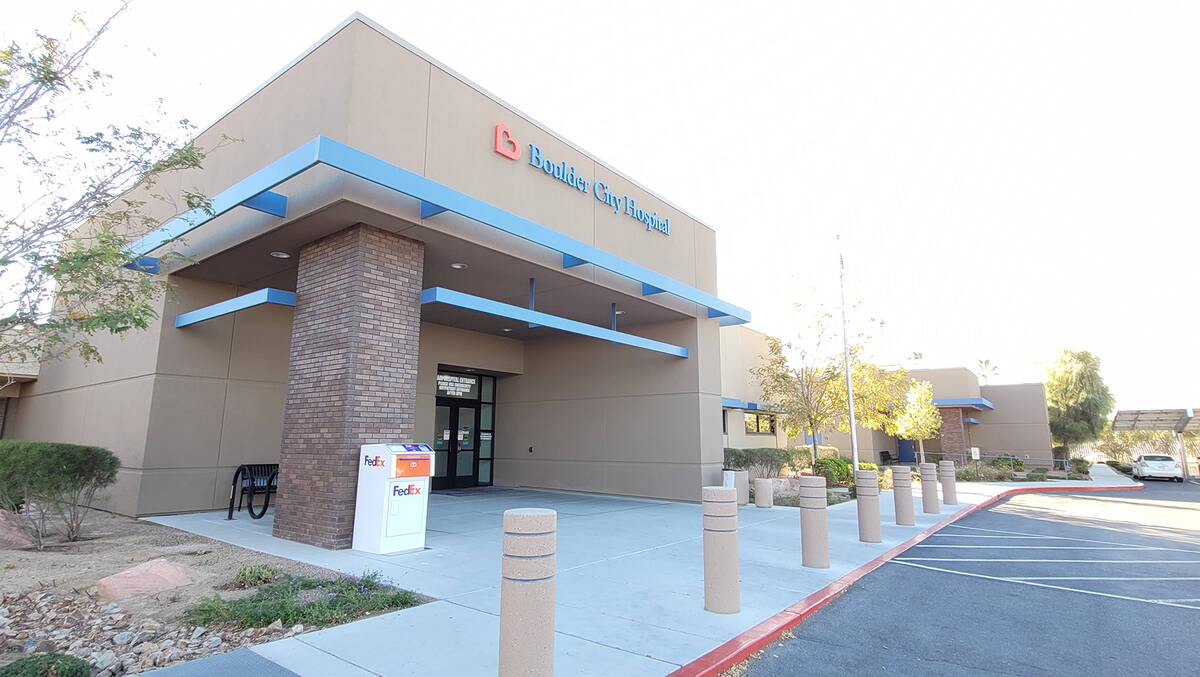Rehabilitation helps with illnesses, injuries
Rehabilitation is care that can help you get back, keep or improve abilities that you need for daily life. These abilities may be physical, mental and/or cognitive (thinking and learning). You may have lost them because of a disease or injury, or as a side effect from a medical treatment. Rehabilitation can improve your daily life and functioning.
Rehabilitation is for people who have lost abilities that they need for daily life. Some of the most common causes include: injuries and trauma, including burns, fractures (broken bones), traumatic brain injury, and spinal cord injuries; stroke; severe infections; major surgery; side effects from medical treatments, such as from cancer treatments; certain birth defects and genetic disorders; developmental disabilities; and chronic pain, including back and neck pain.
The overall goal of rehabilitation is to help you get your abilities back and regain independence. But the specific goals are different for each person. They depend on what caused the problem, whether the cause is ongoing or temporary, which abilities you lost and how severe the problem is.
For example, a person who has had a stroke may need rehabilitation to be able to dress or bathe without help; an active person who has had a heart attack may go through cardiac rehabilitation to try to return to exercising; and someone with a lung disease may get pulmonary rehabilitation to be able to breathe better and improve their quality of life.
When you get rehabilitation, you often have a team of different health care providers helping you. They will work with you to figure out your needs, goals and treatment plan. The types of treatments that may be in a treatment plan include:
■ Assistive devices, which are tools, equipment and products that help people with disabilities move and function.
■ Cognitive rehabilitation therapy to help you relearn or improve skills such as thinking, learning, memory, planning and decision making.
■ Mental health counseling.
■ Music or art therapy to help you express your feelings, improve your thinking and develop social connections.
■ Nutritional counseling.
■ Occupational therapy to help you with your daily activities.
■ Physical therapy to help your strength, mobility and fitness.
■ Recreational therapy to improve your emotional well-being through arts and crafts, games, relaxation training and animal-assisted therapy.
■ Speech-language therapy to help with speaking, understanding, reading, writing and swallowing.
■ Treatment for pain.
■ Vocational rehabilitation to help you build skills for going to school or working at a job.
Depending on your needs, you may have rehabilitation in a provider’s offices, a hospital, a clinic or an inpatient rehabilitation center. In some cases, a provider may come to your home. If you get care in your home, you will need to have family members or friends who can come and help with your rehabilitation.
The aim of rehabilitation is to restore good health and function to those who have been affected by potentially disabling disease or traumatic injury. A rehabilitation team consists of certified physical, occupational and speech therapists. Although each therapy has a different focus, there is a unified goal of helping each person achieve their highest level of independence.
Physical therapy focuses on walking, balance, strength and gross motor tasks. Occupational therapy focuses on everyday activities such as dressing, bathing and fine motor skills. Speech therapy focuses on improving a person’s ability to communicate as well as addressing swallowing and feeding issues.
Certified therapists help patients find strength and rediscover independence during a challenging time. According to a recent report, 2.41 billion individuals worldwide live with conditions that would benefit from rehabilitation services, with approximately one in three individuals requiring rehabilitation services throughout the course of their illness or injury.
Rehabilitation is the care needed when a person is experiencing or is likely to experience limitations in everyday functioning due to aging or a health condition, including chronic diseases or disorders, injuries or trauma. It is an essential health service to optimize everyday functioning and ensure the highest possible standard of health and well-being.
Courtesy of MedlinePlus from the National Library of Medicine To Your Health is provided by the staff of Boulder City Hospital. For more information, call 702-293-4111, ext. 576, or visit bchcares.org.
















